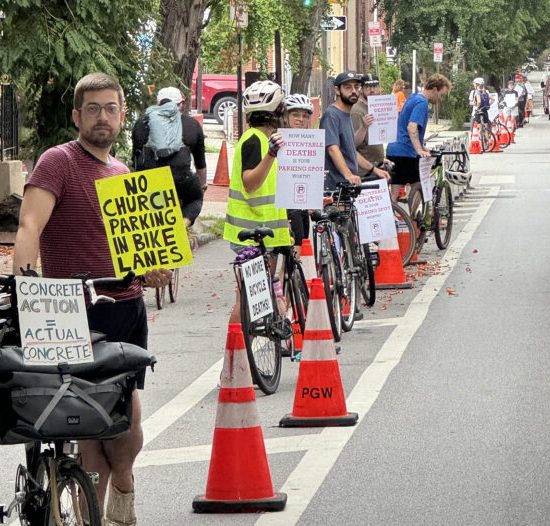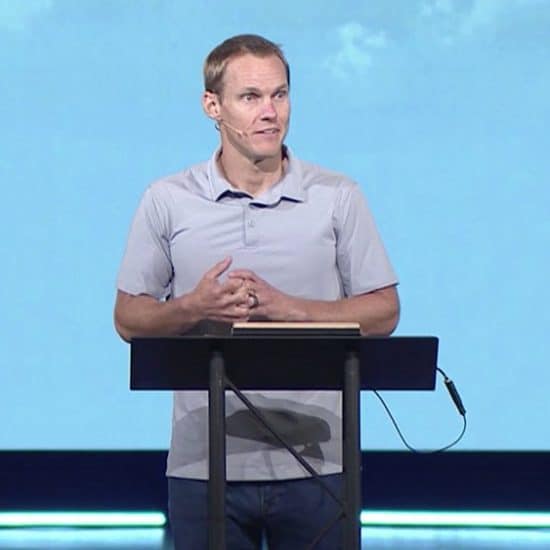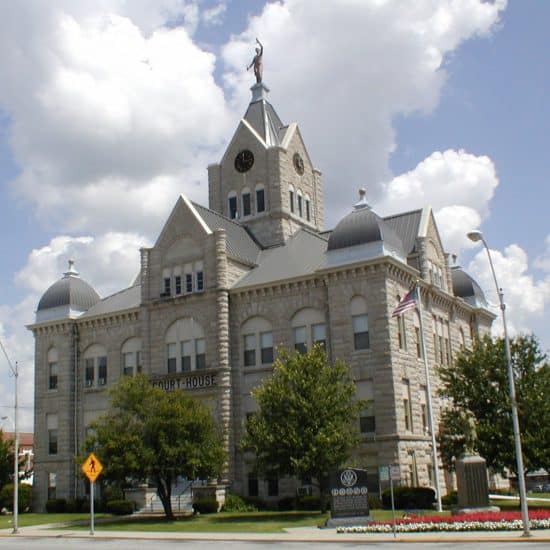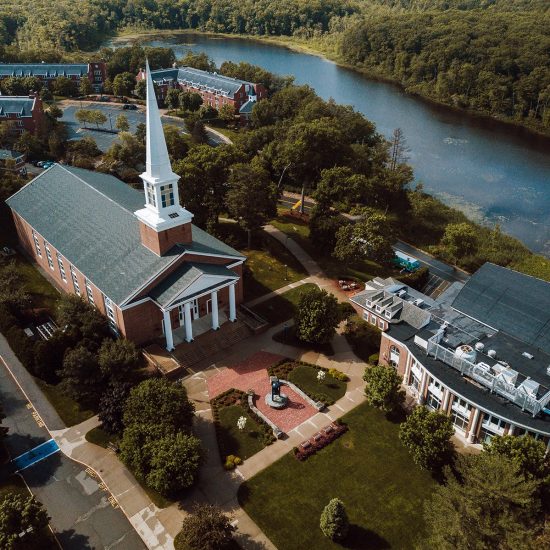By Bill Webb and Vicki Brown
Word&Way Staff
Missouri Baptist Convention executive director David Clippard and his four associates heard an earful from critics and supporters of the convention's lawsuit against five Baptist institutions and a proposal to use Cooperative Program funds to fund legal expenses during May 13 listening sessions in Kansas City.
The same issues came up in a listening session on April 13 in Springfield.
The matter of the MBC Executive Board's proposal to use CP funds, if necessary, to fund legal fees emerged strongly in an afternoon session at Gashland Baptist Church, Kansas City, attended by directors of missions, pastors and others.
The five institutions include The Baptist Home, Missouri Baptist Foundation, Missouri Baptist University, Windermere Baptist Conference Center and Word&Way, whose trustees took action during 2000 and 2001 to revise their articles of incorporation to make themselves self-perpetuating.
When asked whether Cooperative Program funds were going to be used to pay legal fees, Clippard said the Executive Board had asked the staff to include the five entities in the 2005 budget. "That's one thing we heard from churches across the state," the executive director said.
The funds "will be given to them once they return to their historic relationship," he said. But until that happens, the funds could be used to "recover" the five by underwriting legal fees.
CP funds for legal fees?
Randy Shipman, pastor of First Baptist Church, Clinton, asked: "Are you recommending we use Cooperative Program dollars to fund legal fees in 2005? I'm not for that."
"I think that needs to be well known to the people in the churches," said Terry Webster, pastor of Linden Baptist Church, Kansas City.
"Part of telling the story is saying that Cooperative Program funds will be used for legal fees," Shipman added.
Terry Lamberth, director of missions for Clay-Platte Baptist Association, said he had heard the sentiment that no Cooperative Program funds be used to pay lawyers in the convention's legal dispute with the institutions, especially from older church members.
One questioner asked what would happen if Missouri Baptists did not approve funds to pay convention legal fees.
"It will end," Clippard said.
But the executive director said he was encouraged by recent response to the Agency Restoration Fund approved last fall by MBC messengers in annual session. The fund was created as a way to allow churches and individuals to designate money to pay legal fees. The fund has a goal of $1 million.
The fund had taken in less than $4,000 during the first quarter of 2004, but gifts had since picked up, Clippard said. "In the last month and a half, I've seen a lot of money come into the Agency Restoration Fund."
"If it keeps growing like it has in the last month and a half, this [using CP funds for legal fees] might become a moot issue," he said. He said there are churches giving $1,000 and $1,500 per month to the fund, and that another church is giving 2 percent of its undesignated receipts to the fund. Other congregations and churches also are making monthly commitments.
During the morning listening session at Plaza Heights Baptist Church, Blue Springs, the matter of whether or not the convention should drop the lawsuits altogether surfaced.
"We still can't see the legal suit that is going on against the five institutions," Randy Messer told Clippard.
Messer, pastor of First Baptist Church, Oak Grove, said, "We don't like what they [the five institutions] did. We just feel like in our hearts that we need to let this thing go."
"We've heard this, 'Well, we've got a mandate from the convention,'" Messer said. "But you have a mandate that is greater than that. With the mandate you have from God, I believe you could lead us into revival" if the legal action were halted.
Ed Belt, pastor of First Baptist Church, Grain Valley, echoed Messer's concern and said that with his congregation's agreement, he urged the convention to drop the suit.
The proposal approved by the MBC Executive Board to budget "CP dollars for legal fees is not acceptable," Belt added. "I see the MBC on the [verge] of disintegrating.
"I believe these agencies are still doing the work," he said of the five.
In defending the convention's position, Clippard expressed a concern that Windermere had taken on indebtedness of $18 million to expand facilities. "You can't generate enough business from Missouri Baptists" alone, he said, opening the door for the conference center to be used by secular groups.
"When you have independent, self-sustaining boards, where is the accountability?" he asked. "There is no accountability to the church."
Institutions accountable
Belt said his church had been led by the Spirit to continue to support the five agencies. "These agencies have been accountable to our church," he added. "They have been corresponding with us and visiting with us.
"We have four to six secular groups that use our church," he said. "We have a tremendous witness by letting our church be used."
"We need to sit down with the agencies and say, "What will it take?" Belt said.
Nodell Dennis, director of missions, Blue River-Kansas City Baptist Association, said he learned two lessons early in school: "Two wrongs don't make a right" and "Do unto others as you would have them do unto you.
"I love my wife very much," Dennis said. "If my wife left me, I would not take her money and give it to someone else," an apparent reference to the escrowing and redistribution of MBC funds budgeted for the five institutions in 2002. "I would not call her names in a newspaper."
Dennis took issue with a statement he said he understood was made during the April Executive Board meeting that half of the associations in Missouri were encouraging the churches to leave the MBC.
"This is an issue that has divided people and is very distasteful," said Steve Simco, pastor of Concordia Baptist Church. He cited the example of David in pursuing those who had taken from God's people.
"God has given our leadership the okay to return what has been taken from us," he said.
Terry David, pastor of First Baptist Church, Butler, added that he hoped those who had come to the meeting urging the convention to re-think its position would do the same with the five institutions.
Only a handful of people attended a listening session at South Gate Baptist Church, Springfield, on April 20 that followed a week after the MBC Executive Board approved the CP proposal on April 13.
Although attendees expressed appreciation for MBC-directed ministries, a few questioned why the lawsuit continues and why the convention would consider using CP funds.
"Most people don't care who wins. They just want the fighting over," one attendee observed.
Greene County Baptist Association director of missions Mike Haynes asked Clippard to consider hosting a prayer and discussion session to try to end the conflict.
"Why don't you, this summer or early fall,…call together 100 pastors of the top 100 giving churches to pray…. It might be helpful if major supporters of the Cooperative Program would meet to pray and to discuss it," he said.
The CP issue is "going to put a lot of pastors in an extremely difficult position. Just myself, I don't want one penny of my tithes and offerings going to pay legal fees," he said.
Associate executive director for church and family ministry Kenny Qualls pointed out that the legal task force had been "given a mandate" to secure the return of the five institutions.
"Sometimes you spend money to do missions, and sometimes you spend money to defend missions," he said.





